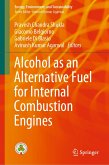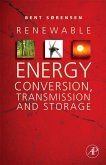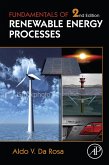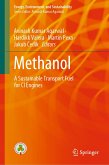Introduction: Despite a number of successful European pilot projects and early commercial activities, there remains little eminent acknowledgement of renewable methanol as alternative transport fuel within the current political discourse on future sustainable mobility in the EU. To a large extent this is due to a lack of research findings on the specific potentials of renewable methanol as a viable fuel alternative in the European context. In order to expand the existing knowledge base in this respect, in this Master's thesis it is assessed how renewable methanol technology can contribute to achieving the three explicit objectives of EU biofuels policy: Greenhouse Gas Savings, Security of Supply and Employment. This research objective is approached by way of quantitative and qualitative analyses which in this form have not yet been undertaken. With regard to Greenhouse Gas Savings, the potentials of renewable methanol are assessed by way of the Well-to-Wheels (WTW) analysis method for different renewable methanol pathways, as well as comparative fossil- and biofuel pathways. The findings of this analysis demonstrate that renewable methanol technology holds high potentials and favourable prospects: while the EU regulations on minimum greenhouse gas emissions savings of biofuels will become gradually more stringent in the coming years, the investigated renewable methanol fuel pathways not only generally comply with these regulations but far surpass them. In some cases, emissions savings of more than 90% compared to both fossil fuels and first generation biofuels can be achieved. In view of the policy objective of Security of Supply, the feedstock-flexibility of renewable methanol technology is found to be a fundamental prospect since it enables the utilisation of wastes and other feedstocks which so far have been under-utilised in the production of biofuels. [...]
Dieser Download kann aus rechtlichen Gründen nur mit Rechnungsadresse in A, B, BG, CY, CZ, D, DK, EW, E, FIN, F, GR, HR, H, IRL, I, LT, L, LR, M, NL, PL, P, R, S, SLO, SK ausgeliefert werden.









